One of the biggest compliance issues FFL’s have are dealing with 4473 mistakes. Errors on the 4473 can lead to real problems, including an inability to properly complete a background check, or simply to put your records out of compliance and make your next ATF audit a nightmare.
It’s almost impossible to avoid mistakes on a paper 4473. That’s why many FFL’s now choose a digital 4473 and digital bound books which prompt you when errors are detected and prevent them from ever happening.
However, paper 4473’s are not going anywhere, and like all government forms they can be confusing or difficult for some people to fill out. That means mistakes will happen, and given enough time, there is a good chance you’ll miss them too. So let’s take a look at the three most common 4473 mistakes and how you can prevent them!
Table of Contents
Where Are The 3 Most Common Mistakes on a 4473 Found?
The ATF reports the 3 most common 4473 errors involve the following questions:
1. Questions 10(a) and 10(b). These refer to ethnicity and race. Unfortunately they are somewhat confusingly written, and also based on a system that dates back to the 1930’s. So it’s no wonder some people get this one wrong.
2. Question 11(a) which asks if you are the actual buyer or transferee. This can surprisingly be confusing for some people because there are instances where it is perfectly legal to buy a gun with the intent of not keeping it. But we’ll talk about that in a minute, because this question also catches illegal straw buyers.
3. Question 11(e) This pertains to illegal drug use, including marijuana. Because many US states are openly selling marijuana it has created some confusion.
Question 10(a) and 10(b)
This question requires correctly answering two parts. 10(a) asks if you are Hispanic/Latino or not Hispanic/ Latino. 10(b) then requires you to clarify further with various other racial identities. This old wheezing relic of a time when racial classification had more ominous overtones has been on the 4473 since 2012, and reflects the antiquated ways the ATF still uses in conducting background checks.
To correctly answer these questions you must make a choice for both questions. Many people assume answering 10(a) or 10(b) is enough, but by failing to check both boxes, you wind up with a very common and understandable error.
Question 11(a)
Another source of confusion and 4473 mistakes is this question which asks if you are actually the one buying or taking possession of the firearm. Now obviously this is to weed out people who are illegally buying a gun for others, and it’s pretty tough to catch people who are lying about that.
Where we see errors are people who honestly are buying the gun as a legal, and legitimate gift, and mark “no”. This is wrong, because on the 4473, the ATF says:
Question 11.a. Actual Transferee/Buyer: For purposes of this form, you are the actual transferee/buyer if you are purchasing the firearm for yourself or otherwise acquiring the firearm for yourself (e.g., redeeming the firearm from pawn/retrieving it from consignment, firearm raffle winner). You are also the actual transferee/buyer if you are legitimately purchasing the firearm as a gift for a third party.
ACTUAL TRANSFEREE/BUYER EXAMPLES: Mr. Smith asks Mr. Jones to purchase a firearm for Mr. Smith. Mr. Smith gives Mr. Jones the money for the firearm. Mr. Jones is NOT THE ACTUAL TRANSFEREE/BUYER of the firearm and must answer “NO” to question 11.a. The licensee may not transfer the firearm to Mr. Jones. However, if Mr. Brown goes to buy a firearm with his own money to give to Mr. Black as a present, Mr. Brown is the actual transferee/buyer of the firearm and should answer “YES” to question 11.a. However, you may not transfer a firearm to any person you know or have reasonable cause to believe is prohibited under 18 U.S.C. § 922(g), (n), or (x).
In other words, if you are buying the gun as a gift and in a way that is legal in your state, go ahead and check “yes”. Otherwise the transaction fails right away.
Question 11(e)
No matter what you think of the War on Drugs or drug regulations, the fact is, it is illegal for a person addicted to, or using illegal drugs to own a gun. However, many US states now have legalized the sale of marijuana either for recreational consumption or with a doctor’s recommendation to treat various health issues. While the Federal government has generally chosen not to enforce US drug law in these states in regards to the regulated sale of marijuana under state laws,it still remains illegal under Federal law to use marijuana. That means you can’t buy a gun if you use marijuana for any reason in any state.
The ATF recently clarified this question to emphasize that regardless of state law, marijuana use will disqualify you from owning or buying a gun. Many people have innocently tripped up on this question thinking their state sanctioned marijuana use was protection from Federal law. It is not, and it should also be emphasized that while there is no drug test when buying a gun, lying on a 4473 is a felony offense.
Preventing 4473 Mistakes
Of the 3 most common 4473 mistakes, two are based on the confusing nature of the question and one is based on conflicts between state and federal laws. Short of the buyer volunteering information, it is almost impossible to tell if 11(e) is being answered truthfully, and the FFL holder can only process the form as it is presented to them. It is increasingly becoming an industry best practice to have a sign advising people of marijuana regulations so that people can avoid attempting a transaction they cannot complete.
You, the FFL holder are the first line of defense against errors on 10(a) and 10(b) plus 11(a). You can catch the race based questions simply by looking at the 4473 and making sure both questions are answered and explaining that they have to be responded to.
For 11(a) this can be somewhat difficult, as people in good faith may mark “no” without understanding that they need to mark “yes” when giving a legitimate gift. At the same time you don’t want to be coaching people on how to fill that out, as it may embolden straw purchases. However, a bit of customer chit chat can help catch this before it happens. “This gun for you, or a family member?” is a great way to catch this before it happens. You can also provide a written set of clarifying instructions to people filling out a 4473. By simply echoing what the ATF puts in the instructions, gift givers can quickly see how to fill this question out.
Again, for the most part 11(a) is something the FFL holder has to accept as filled out. If marked yes, then they simply proceed with the background check. But many legitimate sales have ended because this one was marked wrong, so be careful.
How to Prevent 4473 Errors
Our friends at Fastbbound have the best way to prevent 4473 errors. By digitizing your entire operation, you can trust easy to use software that guides you and your buyers along every step of the way. No more incomplete or improperly filled out 4473’s. Bound books quickly populate with correct, error free information each and every time for every transaction. Audits become a snap, and errors are a thing of the past.
Remember, with paper 4473’s, mistakes can and will happen. If you are still using paper 4473’s and wish to continue to do so, don’t worry! FFL123 customers can request expert guidance on the most up to date industry best practices for minimizing and preventing 4473 errors and mistakes. Just visit our exclusive member only forums and ask!
Remember, with paper 4473’s, mistakes can and will happen. If you are still using paper 4473’s and wish to continue to do so, don’t worry, a lot of people do. And if you are using digital 4473’s, you may still need help implementing them into your operation.
When you purchase an FFL license kit from FFL123, you no longer have to worry about trying to solve these problems for yourself. FFL123 customers receive expert guidance from our staff of industry insiders and legal experts even after you get your FFL. When you do business with FFL123, we stick with you for life, and that’s a promise! Ready to get started on your FFL journey? Click here and choose the kit that is right for you!




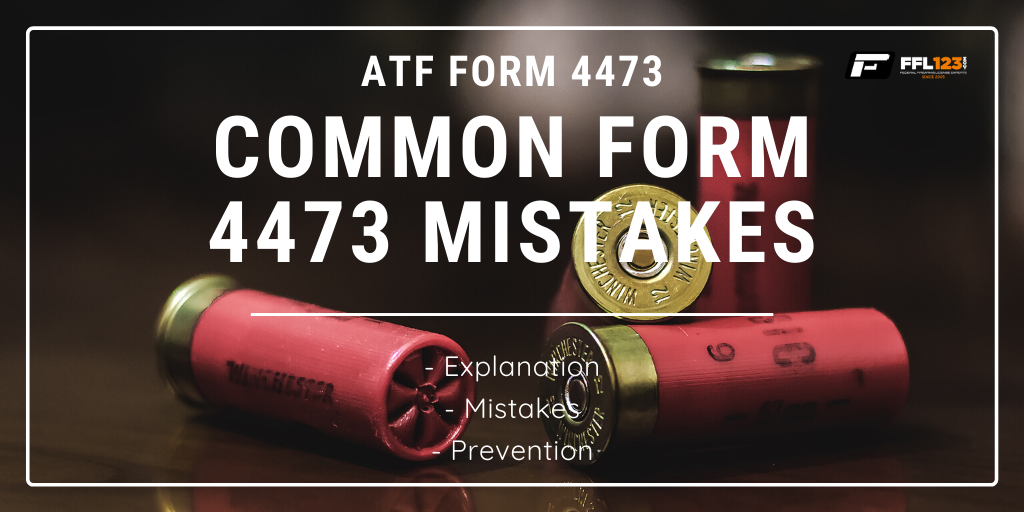
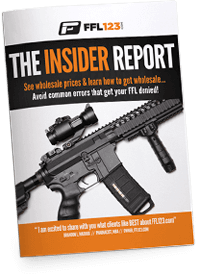
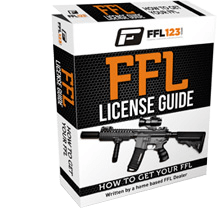
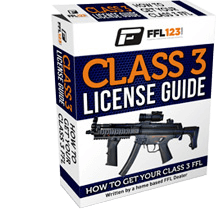
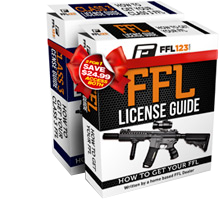



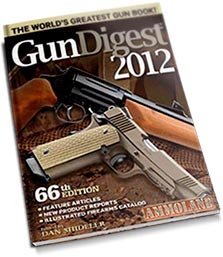








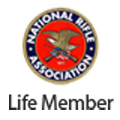



Hi,
I purchased your program several years ago. My problem is that the city I live in does not allow an FFL in a residence. Other than moving is there a way around this?
Cheers,
Lowell